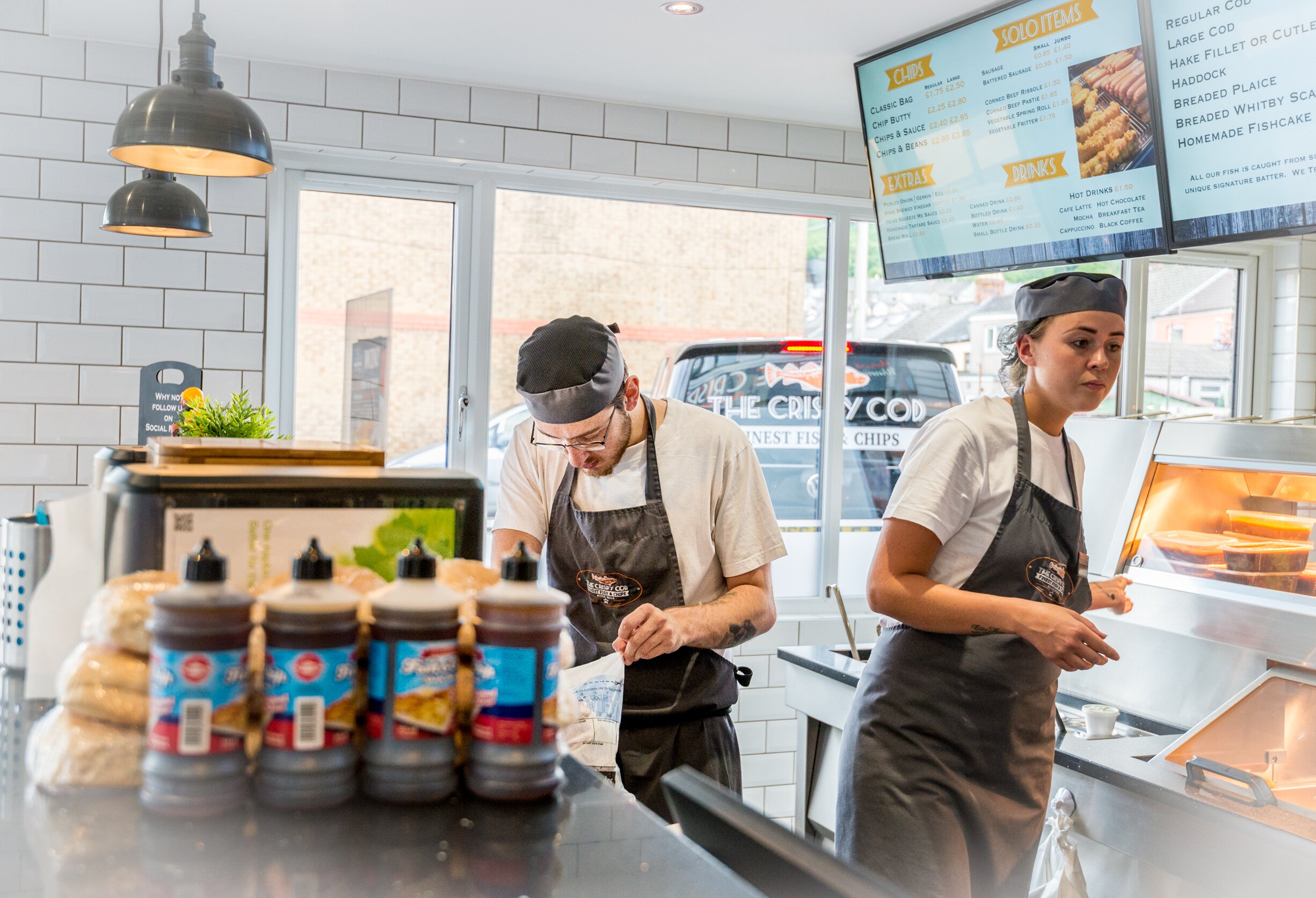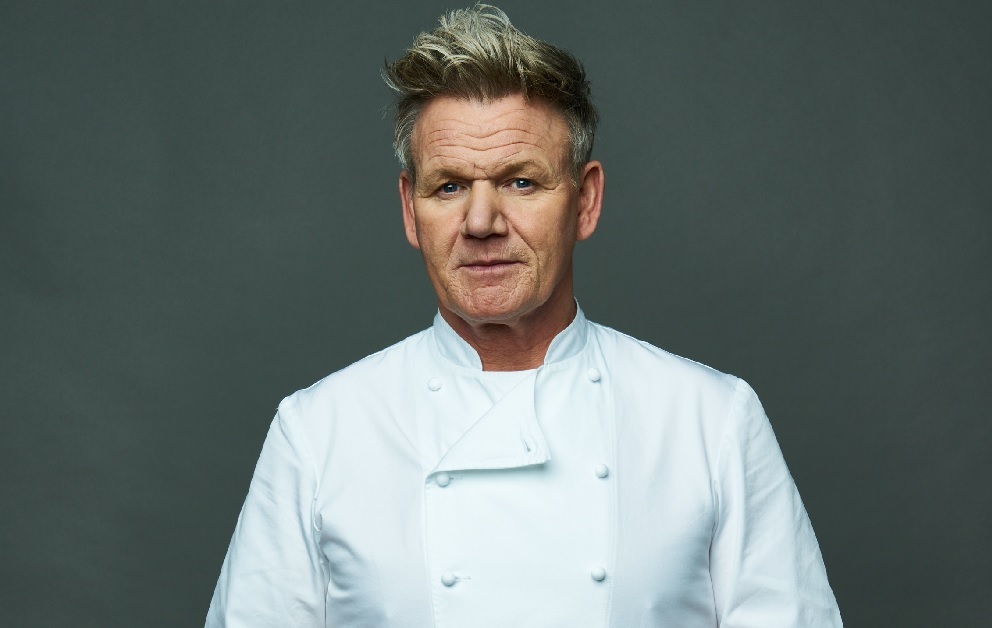Britain's fish and chip shops face a battering as costs soar
The future of Britain’s fish and chip shops is under threat with price rises pushing thousands to the brink of closure.
Half of the country’s 10,000 shops could go out of business as the cost of ingredients continues to spiral amid the war in Ukraine, a trade body has warned.
Andrew Crook, president of the National Federation of Fish Friers (NFFF), told The Caterer many in the industry were already closing down or switching to selling pizza or chicken wings in order to survive.
He said: “We’re going to have a very tough time. I’ve never seen anything like this. It’s the worst threat to fish and chips we’ve had in 160 years.”
The price of sunflower oil, which is largely sourced from Ukraine, is surging amid the conflict in the country, and beef dripping, which is still used in some fish and chip shops, has doubled in price due to UK labour shortages.
Last week the government announced a 35% tariff on Russian white fish imports as part of sanctions due to the country’s invasion of Ukraine.
White fish from Russia, which includes the likes of cod, haddock and pollock, accounts for around a third of the volume consumed in the UK and is used in many fish and chip shops.
A total ban on Russian seafood imports in the US is also pushing up the price of fish from Iceland, Norway and Greenland.
Crook said customers were likely to see the price of fish and chips rise, adding: “I don’t think we are really feeling the impact of the war yet. I expect 3,000 shops to close in the next 18 months out of 10,000 in UK.
"We used to have 30,000 shops and they’ve slowly died out. I can see half the fish and chip shops in the country closing.”
Crook said he was in contact with the government and urged ministers to keep VAT at 12.5% to help businesses.
He expressed disappointment that the government’s hospitality council, set up last year by business minister Paul Scully, did not include a representative from the country’s fish and chip shops.
Crook said: “When the public start seeing fish and chip shops close they’ll realise this is something really serious.”
A spokesperson for the Department for Environment, Food and Rural Affairs, said: “We continue to speak with the industry body, the NFFF, along with wider sector representatives, to understand possible impacts of these tariffs on supply chains and any potential pressures, and offer support to businesses as they navigate these necessary changes.”














